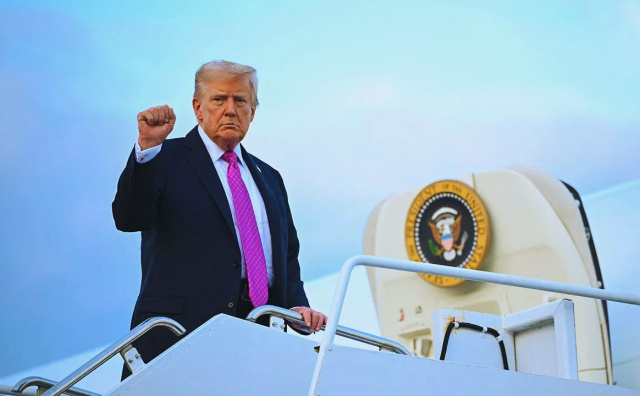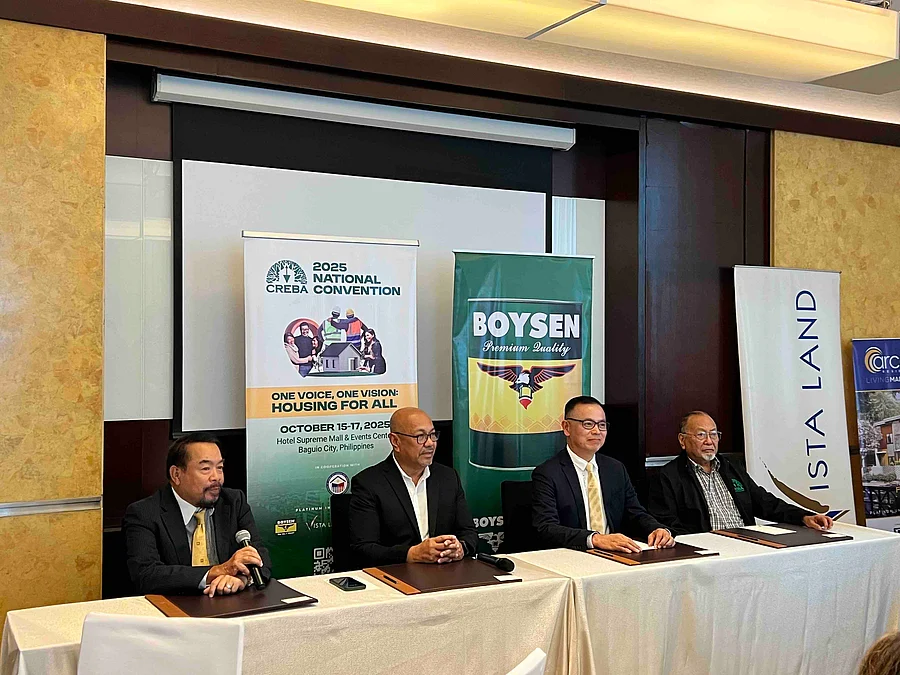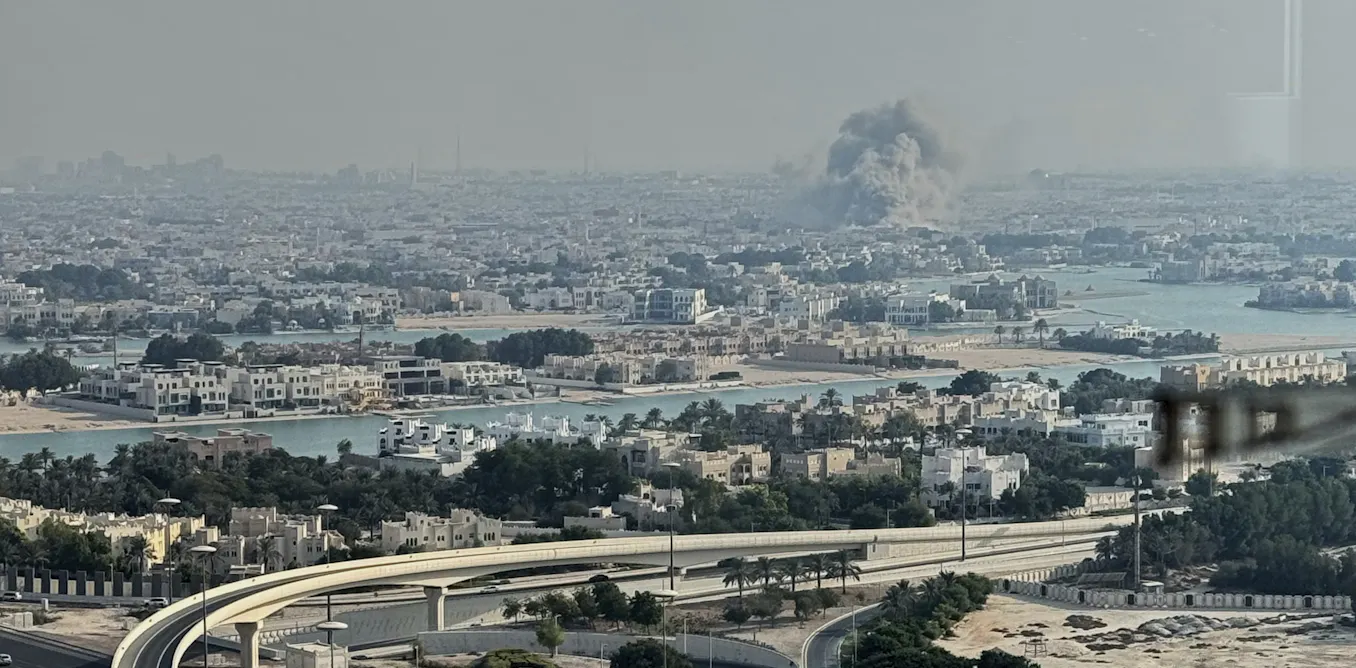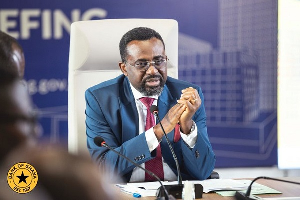
US President Donald Trump has begun to openly question his ability to influence Vladimir Putin, despite repeatedly pledging to bring the war in Ukraine to an end. According to Axios, Trump has privately admitted to close aides that he misjudged the Kremlin leader’s willingness to seek peace, raising doubts about the effectiveness of his own strategy.
Just a month ago, Trump had warned Putin of serious consequences if he refused a ceasefire or declined to engage in talks with Ukrainian President Volodymyr Zelensky. Yet Putin rejected both proposals, dismissing the idea of a meeting with Kyiv and ignoring calls for a truce. Despite this setback, Trump has refrained from introducing new sanctions, instead pressing Europe to take the lead. His administration has urged the EU to impose tougher measures not only against Russia but also against China.
In public remarks, Trump has also voiced sharp criticism of European partners, accusing them of failing to match US resolve. Speaking before boarding Air Force One, he argued that NATO and the EU “are not doing the job” and singled out ongoing purchases of Russian oil as undermining collective pressure on Moscow. “Look, Europe – they’re my friends, but they’re buying oil from Russia, so we can’t be expected to be the only ones that are full boor,” he said. Trump dismissed current European sanctions as insufficient, stressing that Washington’s actions would only go further if Europe matched them “commensurate with what I’m doing.” He underlined that the deal with allies was supposed to be absolute, including an end to the purchase of Russian goods of any kind.
Although Trump reiterated that when sanctions are introduced they will be “very, very strong,” he tied their implementation to coordinated action with NATO members. On September 13, he had written on Truth Social that he was prepared to impose serious restrictions, but only if European states stopped importing Russian oil. This echoed earlier warnings that his patience with Putin was “running out.”
Alongside these economic and diplomatic challenges, Trump has highlighted another obstacle: the deep personal animosity between Zelensky and Putin. Speaking again before boarding his plane, he admitted the intensity of their hostility made peace far more elusive than he initially thought. “I thought this was going to be an easy one for me, but this has turned out to be a tough,” he acknowledged. Describing the situation, Trump said, “The hatred between Zelensky and Putin is unfathomable.”
When asked about the possibility of direct talks between Kyiv and Moscow, he expressed doubt. “I don’t know. I think I’m going to have to do all the talking,” Trump remarked, suggesting that negotiations might still happen “relatively soon” but that their format – whether a formal summit or an informal gathering – was irrelevant. He concluded that the two leaders “hate each other so much they almost can’t talk. They’re incapable of talking to each other.”
The latest remarks followed earlier announcements of Trump’s intention to speak with Putin directly, while Kremlin spokesman Dmitry Peskov recently acknowledged a pause in discussions. Peskov cautioned against “rose-tinted glasses” and warned that no one should expect rapid breakthroughs in talks on Ukraine.



